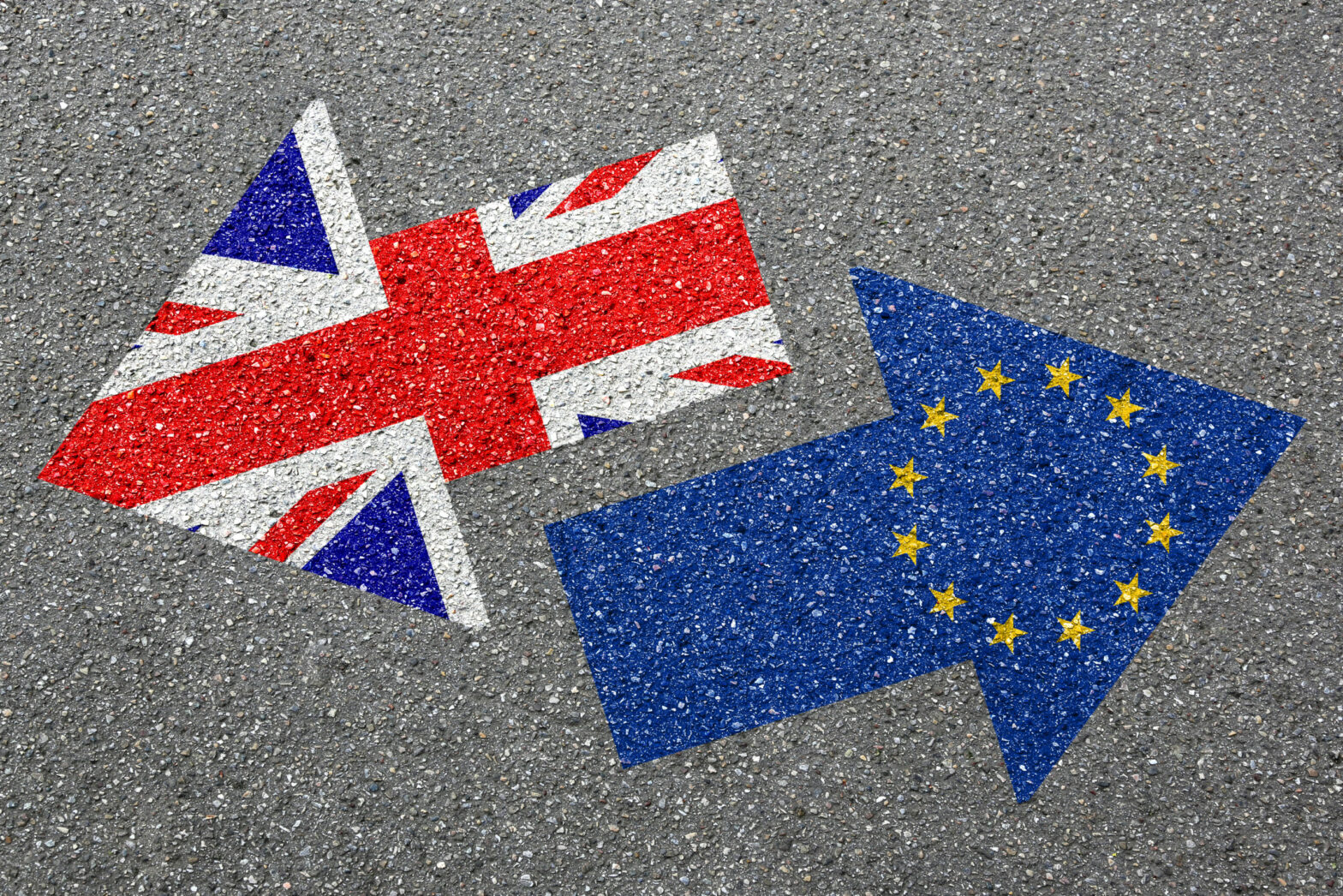The New Economics Foundation and UCL European Institute say British companies could risk costs of up to £1.6bn if a Brexit deal with the EU on data sharing is not made
As the UK will no longer be part of EU data protection protocol, British organisations such as tech companies, banks and insurance firms, all of which currently transfer data between the EU and the UK, would face new legal fees, according to the study.
With the possibility that the EU will deem post-Brexit data standards inadequate looming, it is also possible that British SMEs will not be able to pay these fees, which would come with contractual clauses.
>See also: Call for digital adoption fund to boost small business productivity
It’s projected that small British businesses would face compliance costs up to £10,000, while medium firms would face up to £20,000 in costs.
The total costs, predicted by the report from The New Economics Foundation and UCL European Institute to be between £1bn and £1.6bn, could bring difficulties when it comes to investment in tech, staff and research.
According to Duncan McCann, senior researcher at the New Economics Foundation, these costs would be “disproportionally falling on SMEs, at a time when the economy is already severely challenged by the pandemic and trading conditions are difficult”.
>See also: 8 of the best workflow management systems for UK businesses
As the UK and EU enter their final days of negotiation before new rules for businesses begin to be enforced on January 1 2021, European Commission president Ursula von der Leyen declared “better progress” on Friday, when speaking about the discussions.
However, UK Chancellor Rishi Sunak, while hopeful that a trade and security agreement can be made, said that the UK shouldn’t accept a deal with the EU at any price, insisting that Covid-19 posed a greater threat than Brexit.
Over the summer, the EU dismissed its data sharing deal with the US, which, along with the bloc’s announcement that a similar deal with the UK could take years, casts further doubt over a data adequacy agreement being made before the year is out.






